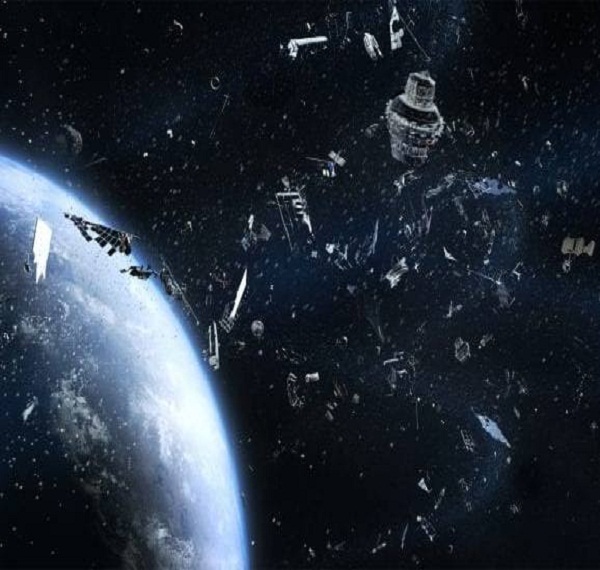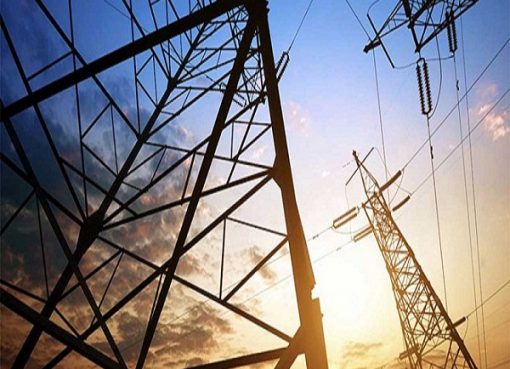During the G7 Leaders’ Summit in Cornwall, delegates from the member countries collectively committed to the “safe and sustainable use of space” by going to greater lengths to tackle the problem of space debris.
Tens of thousands of large objects clutter low-Earth orbit, such as defunct satellites and abandoned launch vehicles, as well as more than 100 million pieces of small space debris such as fragments of broken spacecraft, human waste and paint flecks. A piece of space debris just 1cm in size could penetrate the walls of an orbiting spacecraft, thanks to the vast velocities of orbiting objects, and several spacecraft have been damaged or destroyed by space debris already. Recently, the ISS was hit by a small piece of space debris which left a hole in its 17m-long robotic arm.
Governments, businesses, academics and advocacy groups have acknowledged the necessity of managing space debris, through measures that range from active space debris removal to policies which disincentivise leaving spacecraft and other objects in low-Earth orbit past their useful lifetimes.
Representatives from the UK, EU, US, France, Germany, Italy, Canada and Japan have now pledged to take action to tackle space debris.
“We are committed to the safe and sustainable use of space to support humanity’s ambitions now and in the future,” they said in a joint statement. “We recognise the growing hazard of space debris and increasing congestion in earth’s orbit. As the orbit of our planet is a fragile and valuable environment that is becoming increasingly crowded, which all nations must act together to safeguard, we agree to strengthen our efforts to ensure the sustainable use of space for the benefit and in the interests of all countries.
“We welcome the UN’s ‘Long Term Sustainability Guidelines’ and call on others to join us in implementing these guidelines. We welcome all efforts, public and commercial, in debris removal and on-orbit servicing activities and undertake to encourage further institutional or industrial research and development of these services. We recognise the importance of developing common standards, best practices and guidelines related to sustainable space operations alongside the need for a collaborative approach for space traffic management and co-ordination.”
The statement acknowledged the importance of groups such as the UN Committee on the Peaceful Use of Outer Space; the International Organisation for Standardisation, and the Inter-Agency Space Debris Coordination Committee, calling on all nations to work with them to preserve the space environment in the long-term future.
Amanda Solloway, the UK science minister, added: “Space enables services that we rely on every single day, from communicating with our loved ones to tracking the effects of climate change. Each nation must unite to strengthen our efforts to ensure its continued use is safe, sustainable and serves everybody. Today’s announcement is a major milestone in recognising the need to develop common standards on sustainable space operations, and to collaborate on space traffic management and coordination.”
Last year, the UK Space Agency granted £1m to seven companiesdeveloping projects for helping with the active removal of space junk from orbit. More recently, the agency called for space companies to bid for a share of a £800,000 fund to develop new concepts for space debris removal missions.
Simonetta Di Pippo, director of the UN Office for Outer Space Affairs, said: “There is an urgent need to stabilise global space operations. We must future-proof activities now to deliver a safe, secure, and sustainable space environment for tomorrow. I welcome this clear commitment by G7 leaders to put space sustainability at the heart of the political agenda. Only through such leadership, with all nations working together, will we preserve the space environment for future generations.”
Meanwhile, Australian and German leaders used the G7 summit as an opportunity to sign a treaty committing the countries to work together on developing technology to help such a “net-zero emissions future”, with emphasis on emerging low or zero-carbon technologies such as hydrogen and carbon capture. Australia has not yet formally committed to the 2050 net-zero target shared by many of its allies, including the UK and EU.
source: E&T










